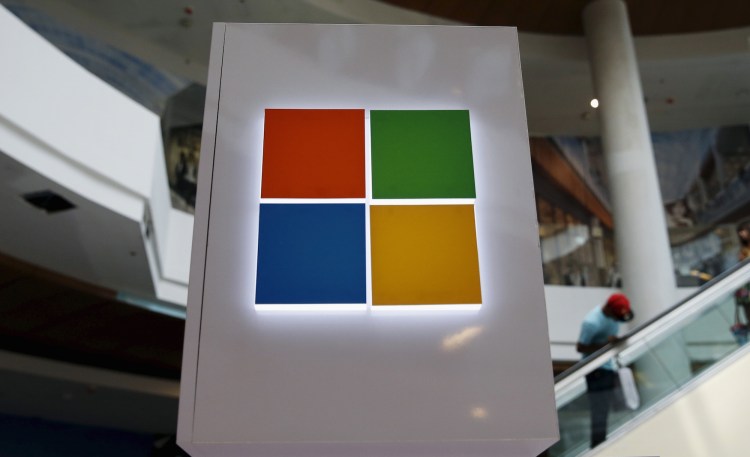Technology has evolved at a lightning pace during the past two decades, affecting the way we communicate, collaborate, and perform tasks.
Just as we started to get over our excitement about the mainframe/PC operating system, the web operating system exploded with browser-based applications. The next big discovery was smartphones with their unique operating systems, which wowed us with a variety of native apps. Now, technology is moving towards a newer and exciting operating system — let’s call it Chat Operating System (OS) — with its own apps, bots, and integrations designed to enhance communication and collaboration.
Chat OS is inevitable for today’s workforce
Technology develops as it adapts to people in the current environment. Today, most of our activities are collaborative. No longer are people tied to a desk job, working in silos. Now every task or project is shared, with an entire team running the show. This means that communication should be real time, across geographies. With such a significant change in our work culture, we need simple and effective tools that empower us to collaborate effectively and break away from the archaic concept of “one for all” tools. As chat has changed the dynamics of team collaboration, it is only logical that the chat framework should become more meaningful and relevant. Thus, comes the era of Chat OS.
A messaging platform works like a blank canvas for developers. It provides them with a wide range of possibilities to develop custom apps and integrations needed to enrich the collaborative space. Chat as an OS will soon make browser and desktop-based work apps and tools redundant by combining varied functionalities within the messaging framework. Chat OS is built to provide users an experience similar to that of an interactive website. For instance, if users integrate Twitter, they would receive notifications and would also be able to take actions — such as replying and retweeting — for which they might otherwise need to log in to their Twitter account.
June 5th: The AI Audit in NYC
Join us next week in NYC to engage with top executive leaders, delving into strategies for auditing AI models to ensure fairness, optimal performance, and ethical compliance across diverse organizations. Secure your attendance for this exclusive invite-only event.
Trade ‘one for all’ for ‘all-in-one’
Even as a Chat OS offers the huge convenience of not having to switch apps, it has many other advantages. The biggest benefit, especially in the enterprise communication space, is its capability of catering for the specific needs of different organizations. Internal collaboration and communication needs of organizations are extremely varied, and thus a one-size-fits-all messaging app will have its limitations. A Chat OS, on the other hand, enables users to tweak, modify, or build custom apps accessible within the team messenger.
Examples of custom apps that can be built on top of a messaging framework are almost limitless. A reimbursement claim app to facilitate smoother workflow will be a boon to human resources (HR) teams. A reports generation app, which can be built to send custom reports via chat, email, or downloadable links, can save a team lead from the tedious task of extracting information from various data sources and then compiling reports. A recruitment app can be a one-stop solution for all the recruitment-related tasks of interviewers, HR personnel, and other stakeholders. With such an app, users will be able to schedule interviews, collate feedback, and get a quick view of a candidate’s status without ever having to log into a separate recruitment portal.
The advantage of chat as an OS clearly lies in its incredibly simple and frictionless implementation. In the collaborative space, team messengers such as Flock and Slack are leveraging their platforms to change the way teams and enterprises function. With increasing app fatigue, app integrations within team messengers will become a popular option. The aim is to enable users to execute and complete almost all work-related activities within the team messenger itself. This drive is why Chat OS could become the next big thing in collaboration technology.
Bhavin Turakhia is the founder and CEO of Flock, a communication app for teams.


